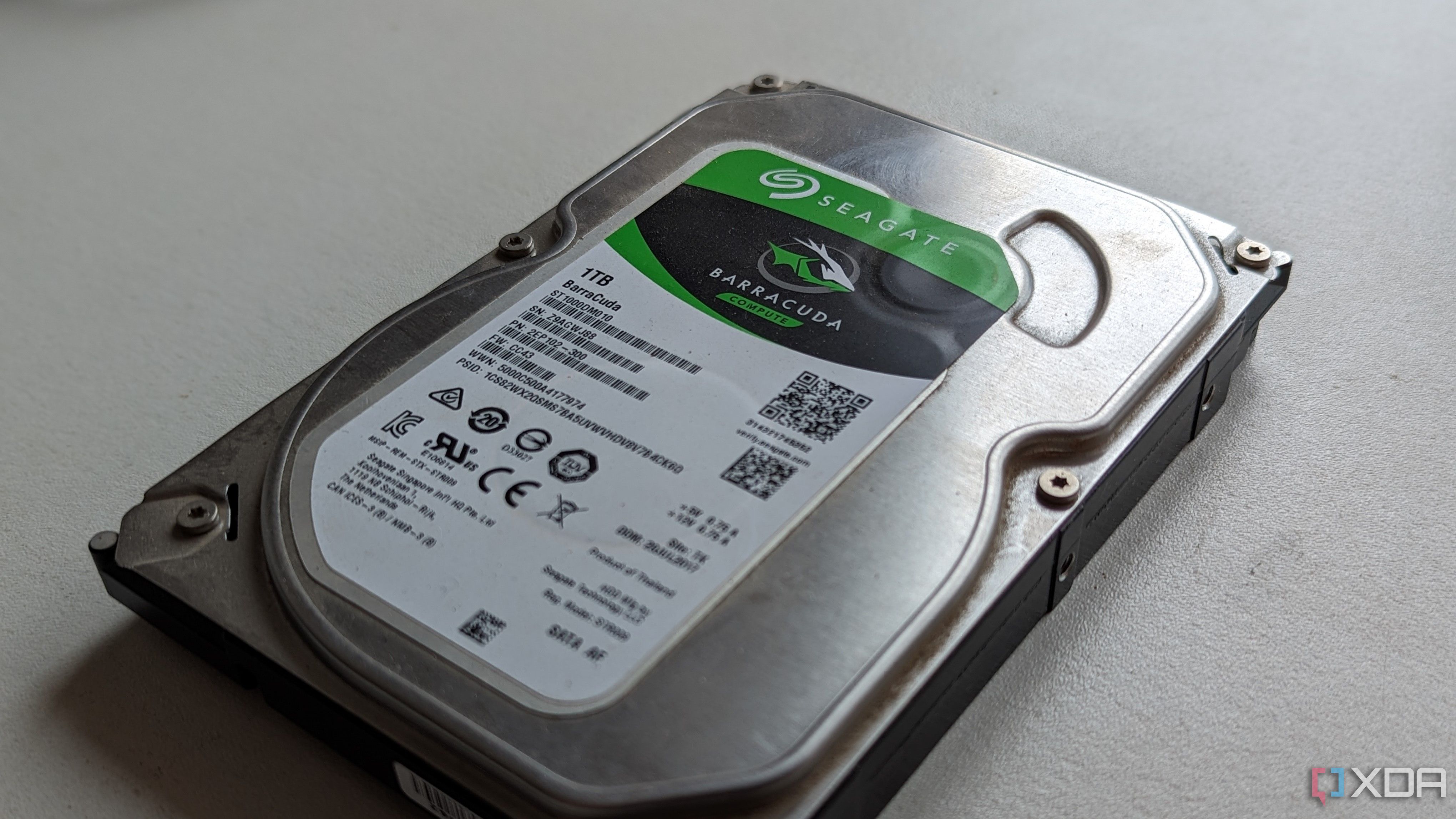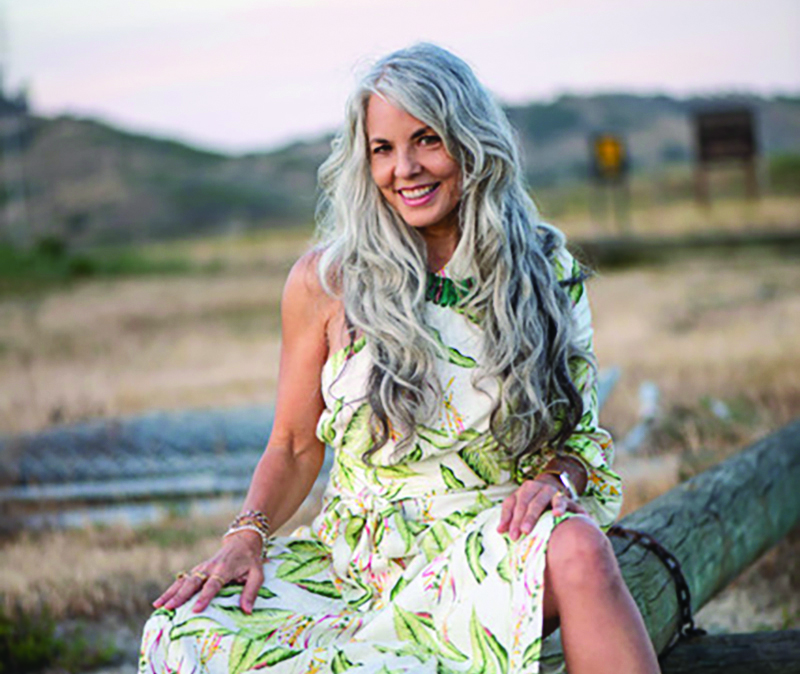Jobs
My newborn was airlifted to another state. My husband’s flexible job allowed him to move with us.
- My family moved to Alaska for my husband’s job.
- I went into labor a month early, and our hospital couldn’t treat him.
- We flew to Washington state to receive care and my husband was able to come with us.
When my family and I decided to move to Alaska for my husband’s job, we didn’t know I’d be newly pregnant when we eventually arrived at our island home.
My husband began teaching at a small university campus in southeast Alaska, and we enrolled our daughter in pre-K. We made some lovely friends, and I set up a writing desk in a corner of the master bedroom, with views of the Tongass National Forest out the window.
I thought I was ready to welcome an infant to this new life we’d embarked on — but I didn’t expect to go into labor early.
The doctors recommended flying down south
When my water broke at 35 weeks and five days, I had a sinking feeling: it was too soon. I gave birth to a seven-pound boy the next day, and the doctors and nurses were initially optimistic.
He was big — that was a good thing. But he began to have trouble breathing almost right away, and within a few days, it became clear that our small hospital didn’t have the capacity to treat him. “If I were you,” the pediatrician said gravely, “I’d fly south.”
We did. My son and I were loaded into a Lear Jet and flown to Washington state, where we spent most of the month in a succession of neonatal intensive care units. But he and I are not the heroes of this story: that title goes to my husband.
When it became clear that we’d have to be medically evacuated out of Alaska, Steve left the hospital and packed me a bag. He searched for flights so he and our 5-year-old could join the baby and me in Washington the next day. He coordinated with my mom, who flew in from across the country, and he picked her up at SeaTac. He found a hotel near the hospital and spent those weeks sharing a room with his preschooler and his mother-in-law — like I said, a hero.
He worked remotely
In the course of packing up our lives for a trip of unknown duration to a destination 750 miles away, Steve also packed up his work. Our baby was born just before the start of the spring semester. Steve was able to start the semester remotely, thanks to a supportive campus director and staff and a long history of remote teaching in Alaska, which accommodates students in rural villages and towns across the state.
Each night in the hotel, Steve would stay up long after our daughter went to bed, preparing lessons, grading papers, and engaging asynchronously with students’ discussion posts.
What this meant, practically speaking, was that during an incredibly challenging time, Steve and I were able to confer about everything from our son’s medical advice to our daughter’s big feelings. We were even able to find moments of levity and joy together, like when we took our daughter to the therapy pool at the children’s hospital and watched her diving under the warm water to retrieve little plastic sharks. In other words, we were able to be a family.
I know it wasn’t easy for Steve to work from a hotel room. Nor was it easy for him to focus on his job when there were so many critical decisions that we had to make daily. Sure, it was hard on me, too — but everyone seemed to recognize that. I was treated like a queen.
Everyone gave me credit, but he deserved it too
In one of the hospitals, I had access to my own private bedroom, where I could sleep for a few hours while the baby slept. I was also given daily coupons for the Starbucks downstairs. In another hospital, I was able to order meals on demand since I was a breastfeeding mother.
My husband, on the other hand, was mostly ignored. By the end of our time in the NICU, I could read the exhaustion on his face. He started to tell me what a good job I had done, but I cut him off. I didn’t need the compliment, but I thought maybe he did, so I said it: “This was hard on you, and you did an amazing job, and I’m so glad you were here.”
I’m grateful to a lot of people for their help during that month: the friends who cleaned out our fridge and then delivered soup, fresh bread, and flowers when we arrived home; the doctors and nurses who were diligent and kind; my mother and my daughter, both of whom made sacrifices of their own during that stressful month.
But mostly, I’m grateful to my husband, who made it possible for us to get the best care for our son without breaking up the family into little pieces. I hope when our son grows up, he becomes the same kind of man.






![Podcast [English World] Episode 76: Closing izakayas Podcast [English World] Episode 76: Closing izakayas](https://img.kyodonews.net/english/public/images/posts/8367a5e1916be92c4e60b9cb878b241b/cropped_image_l.jpg)



